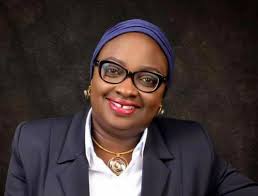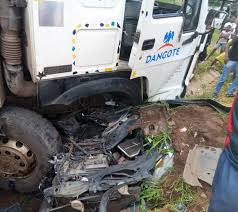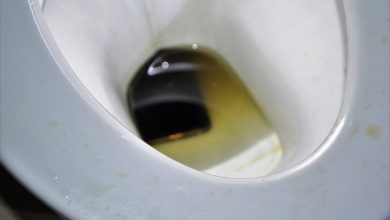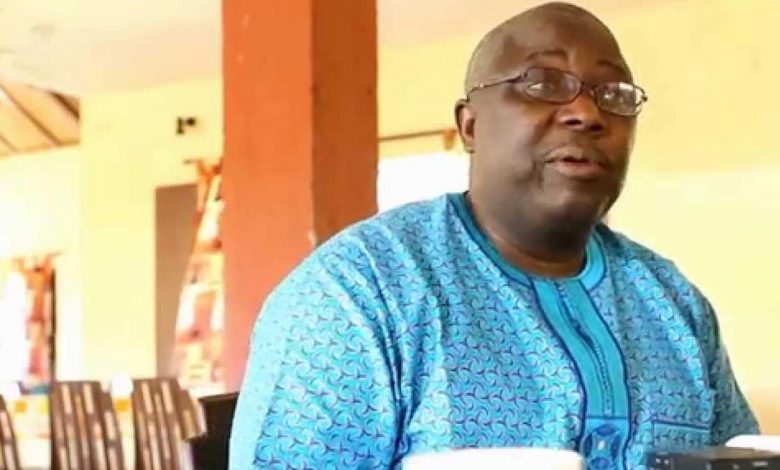
FAKE NEWS NOW BIGGEST THREAT TO DEMOCRACY GLOBALLY, SAYS DAPO OLORUNYOMI
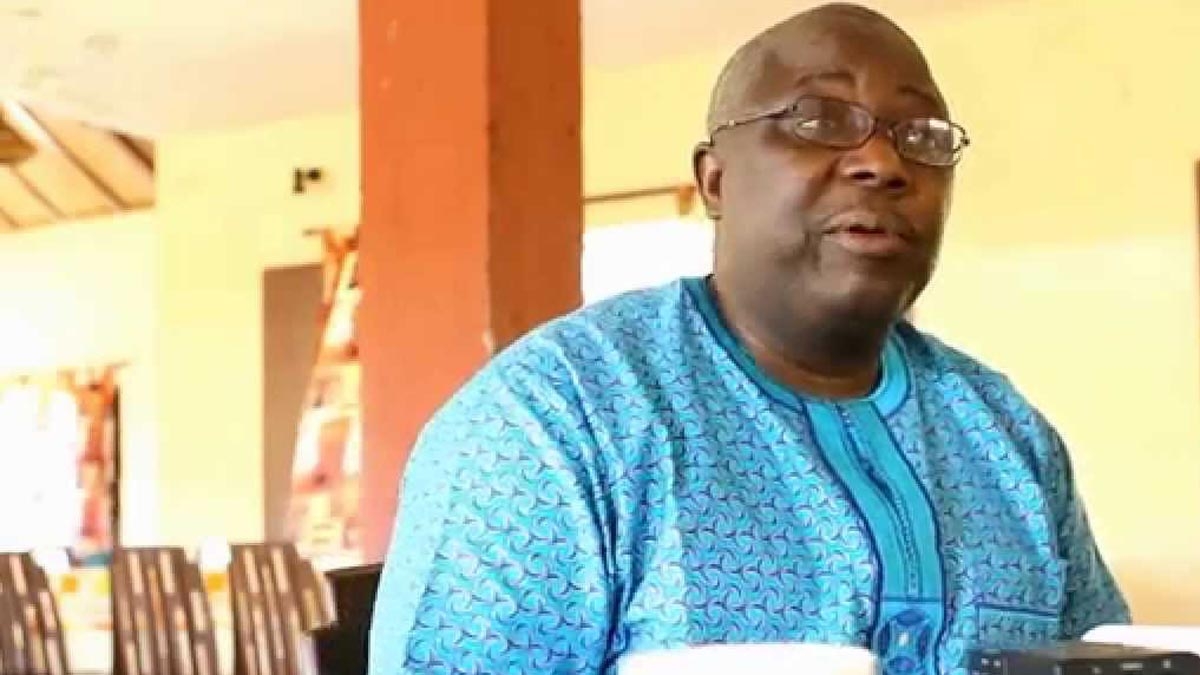
“The biggest democracies, globally, have come under attack, not from any other factor but fake news. It is bad when citizens can no longer trust the framework upon which policies are developed; we have come into a very difficult place in the whole process of governance’ he said.
The Chief Executive Officer of the Premium Times Centre for Investigative Journalism (PTCIJ) stressed the need to develop the knowledge capacity of Journalists to tackle the menace, noting that, “it is easy to assume that fake news, disinformation or misinformation are in politics alone. No! It is even extremely nefarious in economics, statistics, and health, among others’.
“If planning institutions of government cannot rely on true statistics, policy framework will collapse. This is why media integrity and democracy become apt because the weapon against fake news is fact-checking’, he stated.
“So, we have to work across framework where we can ensure journalists are trained and policymakers strengthened with regards to fact-checking to ascertain the truth’, stressing that, it had become imperative for journalists to be trained to stem fake news from the agenda-setting fronts of the newsroom.
Penpushing also reports that, the renowned publisher frowned at situation whereby the innocent public often falls prey to unverified information on social media and relayed them, thereby encouraging the spread of fake news.
The Media guru, called for proper sensitisation on the dangers of fake news to enable people to keep away from unverified information, stating, “the best and proper place to start is the newsroom, the second is for the media to link up in partnership. This fight is not for one person, we must work together’.
“Journalism is a practice which changes with time but through capacity building, journalists will be able to do fact-checking, the newest and most important for truthful reportage”, observing that failure of journalists to embark on fact-checking could pose difficulty for them to be factual and balanced when reporting in an editorial process.
Penpushing further reports that, Olorunyomi also observed that fact-checking has become critical in the interest of the growing capacity of media organisations, as well as the need to function effectively under democracy.
Hear him further, “truth, which is the central foundation in journalism, has come under serious assault, particularly in the past years. Citizens no longer trust journalism and that is a major issue. So, the mechanism for renewing the principle of truth is to strengthen the practice of capacity building for Journalists, to enable them to deliver accurate and balanced information to people.”
Penpushing further reports that, in his own submission, the Manager/Advocacy of Premium Times Centre for Investigative Journalism (PTCIJ), Mboho Eno, admitted the importance of the training exercise.
“Basically, we know there are a lot of things going on in the criminal justice and accountability sector. So it became necessary for us to train journalists in this sector to be able to fact-check the kind of comments, the kind of information that would be coming out and we also want to encourage journalists to carry out investigations into this sector.”
Penpushing reports that, Eno, pointed out that, the criminal justice and accountability sector is one of the least investigated sectors, adding, “this is one of the least investigated sectors and this is an arm of government that needs to be constantly kept on their toes for proper accountability and that entirely was what led to the training of journalists across this sector.
The Manager/Advocacy disclosed that, the training is also going to take place in other five states, explaining that, the takeoff was in Abuja, the Federal Capital Territory(FCT), and also added that,“Abuja is the first State where the training held for the North-Central Zone, with 20 journalists from different media houses; from print, broadcast and the online practitioners.”
“This training is going to be in five states and we are just starting with Abuja, it is going to come up in Lagos, Kano, Adamawa and Anambra. This training is funded by the European Union (EU), the Rule of Law and Anti-corruption of the British Council, we are the guarantees for this component of the training and that is why we are holding it”
He added, “training and retraining is a strategy of sustainability and sustaining the reportage in the sector. This is enough for nonprofit organisations because we do not generate resources; we depend on funding of donor agencies to run this kind of training.”
“We would continue, based on the impact and the commitment of the journalists we have in the house. We would be able to write for more grants for this sector and for this training so that more journalists can have this training.”
“Across the nation, we made a call for applications and we had over 550 applications, out of which only about 100 would be trained. So you see that there is a hunger of people who want to learn. The problem is that we are not able to accommodate this wide range of people because of the limited resources we have.”




